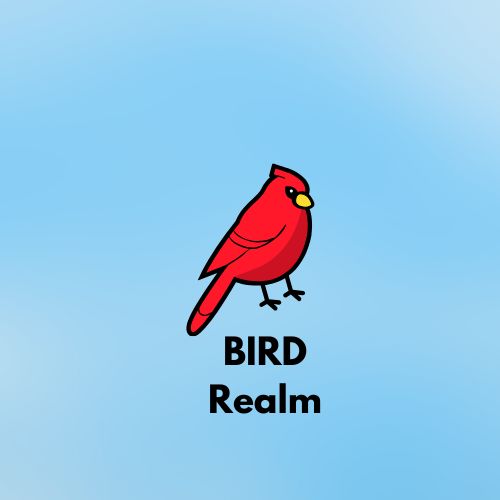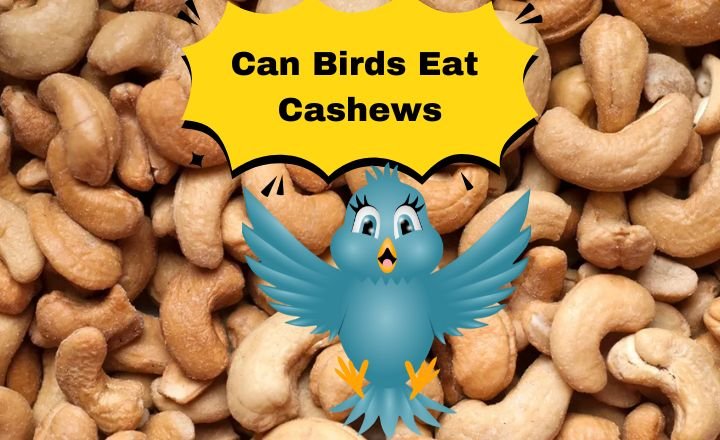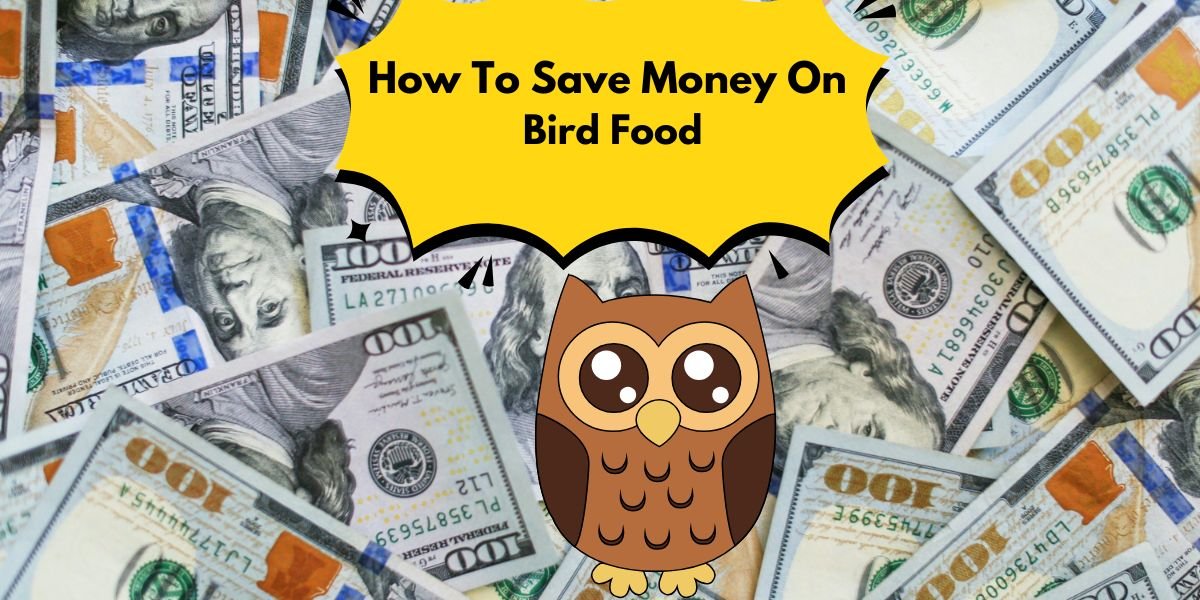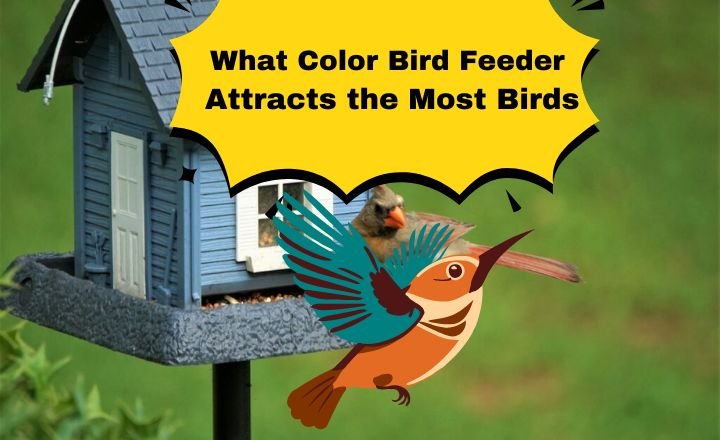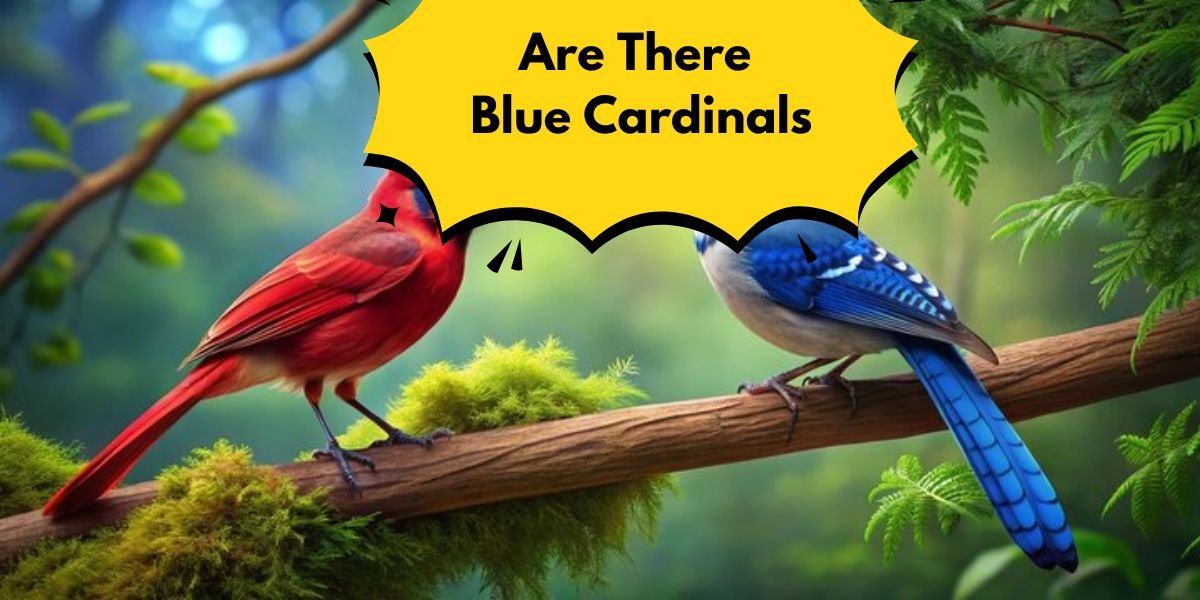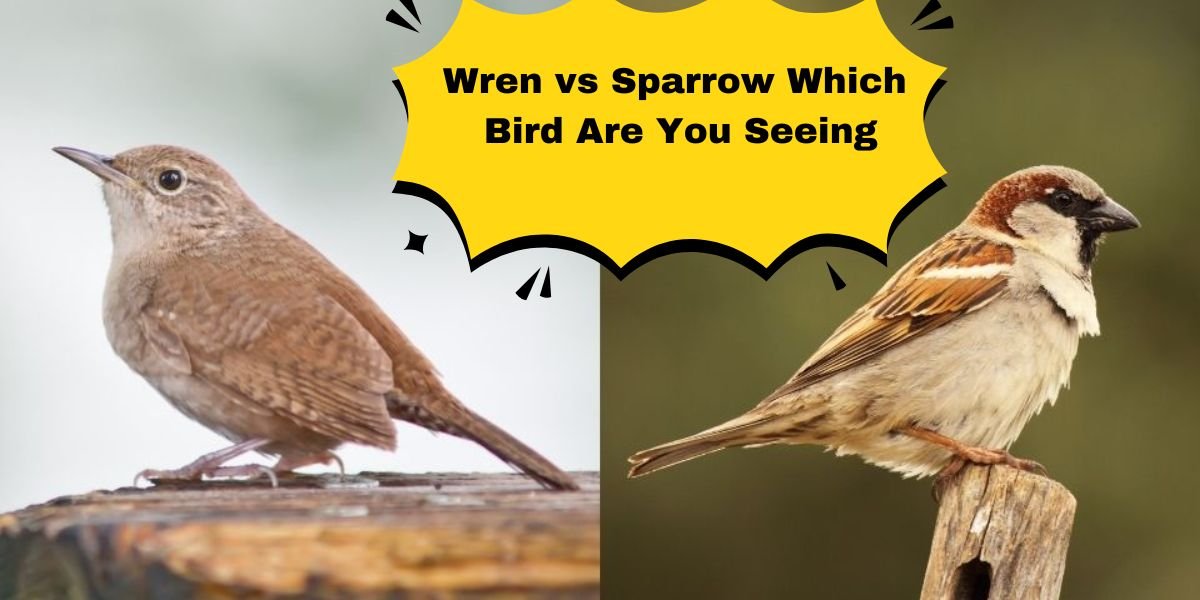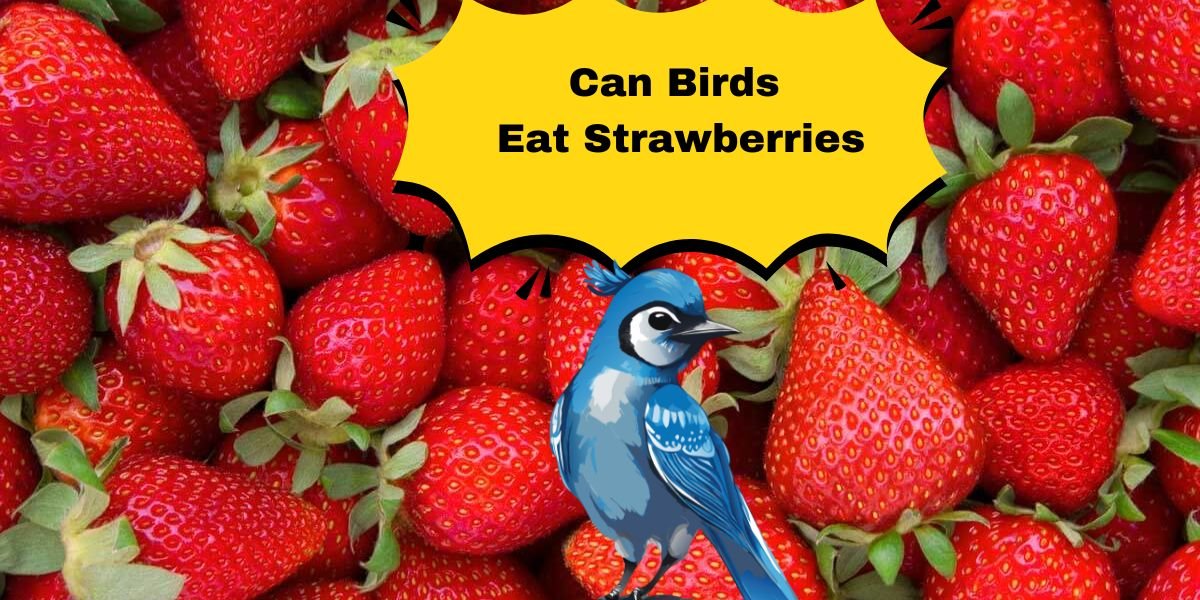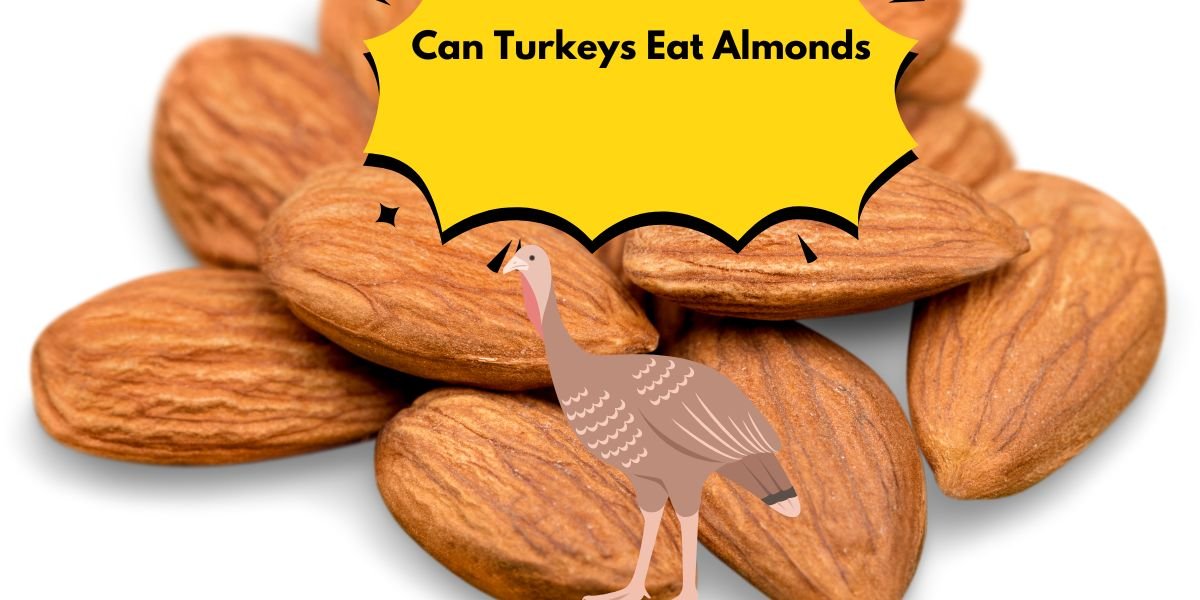Can Birds Eat Cashews?
As you watch the vibrant feathered friends flitting about your backyard, you may find yourself wondering about their dietary preferences. Can birds eat cashews? It’s a question that taps into our curiosity not only about birds but also about the suitability of human foods for our avian companions.
While we often enjoy these creamy, nutty treats as a snack, the world of bird nutrition can be surprisingly complex and nuanced. Birds have diverse diets that vary significantly among species, with some being strict seed-eaters while others enjoy a broader array of foods including fruits, vegetables, and nuts.
Cashews, in particular, hold a special allure due to their delectable taste and crunchy texture; but are they safe for all types of birds? Join us as we explore this intriguing query and delve into what cashews can mean for your feathered friends—from potential benefits to important precautions!
Which Birds Eat Cashews?
Certain species do enjoy this nutty treat. Parrots, for example, are particularly fond of cashews due to their high fat and protein content, which provides essential energy for these active birds. In avian diets enriched with varied nuts, cashews can play an important role by offering not only nutrition but also satisfying their natural inclination to explore different textures and flavors.
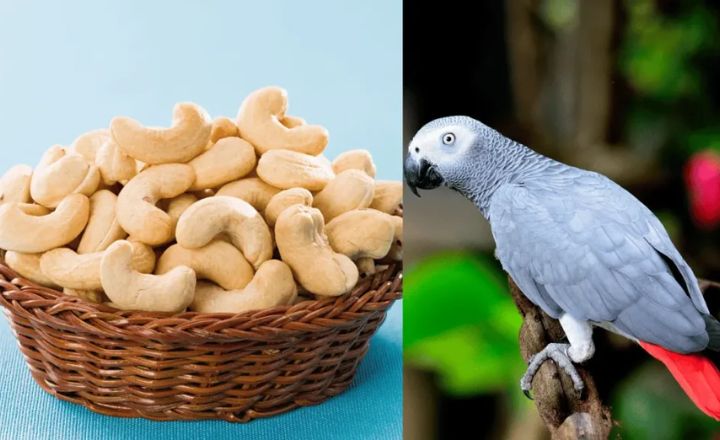
Moderation is key; too many cashews can lead to nutritional imbalances in some bird species. it’s essential to serve them unsalted and raw or lightly roasted since additives can be harmful to birds’ delicate systems. Several backyard birds are likely to give cashews a try! These include:
Jays
Many species of jays display remarkable problem-solving skills and adaptability. Offering cashews in moderation could encourage this behavior as they learn to crack open this slightly harder nut compared to others like sunflower seeds or peanuts. It’s essential to ensure that these nuts are unsalted and unseasoned since excessive salt can be harmful to avian health.
Woodpeckers
Woodpeckers mainly feast on ants, beetles, and larvae found within tree bark; they also enjoy seeds and fruits from time to time. This leads us to an intriguing question: can birds have cashews? While not a primary food source for woodpeckers, these nuts can be beneficial for many bird species when offered as an occasional treat.
Titmice
Titmice primarily feast on seeds, fruits, and insects; however, they can be curious eaters who sometimes explore less conventional snacks. Cashews aren’t a staple in a titmouse’s diet, they can safely enjoy them as an occasional treat—provided they are unsalted and unseasoned.
Such insights into their eating habits reveal not only their dietary flexibility but also highlight opportunities for bird enthusiasts to enrich the feeding experience with varied offerings while ensuring nutritional balance.
Nuthatches
Nuthatches may enjoy a diverse array of food sources—including nuts—cashews should be approached with caution. Raw cashews are typically safe for birds in limited quantities, but roasted or salted varieties pose a risk due to added fats and sodium that can upset their delicate digestive systems.
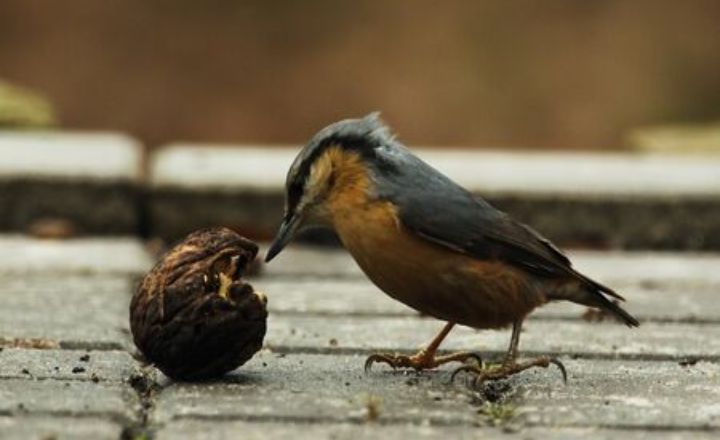
Cardinals
Cardinals primarily thrive on seeds ,Tomatoes, fruits, and insects, they can indeed consume Cashews in moderation. Bird lovers need to ensure that any snack provided is unsalted and free from additives, as cardinals do best with a natural diet.
Parrots
Many people have questions can parrots eat cashews ? These colorful birds enjoy a variety of fruits and vegetables, some may wonder if they can safely indulge in nuts like cashews. while raw cashews contain toxic compounds that can harm humans and animals alike, the roasted or processed versions are typically safe for parrots in moderation.
These delightful treats offer essential fats and proteins, making them a beneficial supplement to their diet when given sparingly.
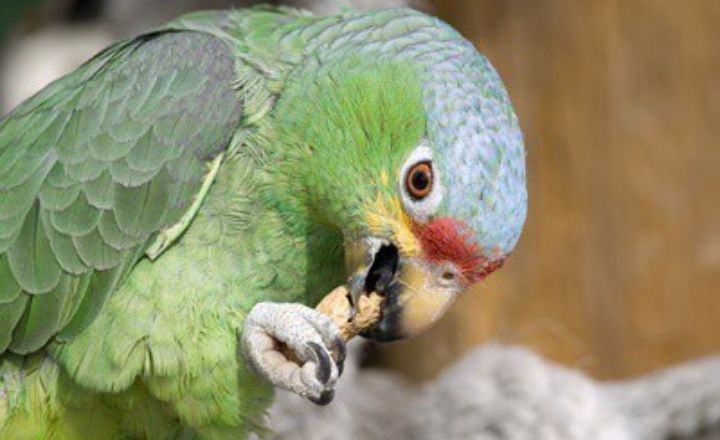
Forms of Cashews Birds Should Not Eat
Cashews are often celebrated for their crunchy texture and rich flavor, it’s important to understand that not all forms of cashews are safe for birds. Riddled with unhealthy additives, roasted or salted cashews can pose significant health risks to our feathered friends.
The high salt content can lead to dehydration and kidney issues, while oils and seasonings may upset their delicate digestive systems .The raw nature of unshelled cashews is another area of concern. Birds may struggle with the tough outer shell, which could cause serious injury or even choking hazards.
It’s essential to consider these factors when feeding birds; offering unsalted, appropriately portioned raw cashew pieces might be a treat they enjoy without the added risks. Always remember that moderation is key—although some avian species can indulge in this nut safely, excessive consumption can lead to obesity and other health complications over time.
Final Words
Can birds eat cashews ? Cashews for birds can be a tasty and nutritious treat for many bird species in moderation, it is essential to consider their nutritional needs and potential health risks. Birds should not consume salted or flavored cashews, as these additives can be harmful to their delicate systems. always ensure that any nuts offered are unsweetened and unsalted to promote optimal health.
By providing appropriate treats alongside a balanced diet, bird owners can support their feathered friends’ well-being. Always consult with a veterinarian or avian specialist if you’re uncertain about introducing new foods into your bird’s diet.
